The Shapeshifters Symposium; Plasticity – Here, There, and Everywhere
Join and contribute to the The Shapeshifters Symposium; Plasticity – Here, There, and Everywhere !
Plasticity, the ability to be molded in various forms while maintaining a core identity, is a term that is increasingly used within various fields of science, e.g. neuroscience, plant- and cell biology, and within the humanities. However, the meaning and use of plasticity varies between these fields. How are these different usages – from shapeshifting to adaptability, related between disciplines, and how can plasticity be developed into a threshold concept within fields where it is currently not in use?
The Shapeshifters Symposium is a transdisciplinary two-day event that explores the concept of plasticity across academic domains and beyond. We, a group of interdisciplinary scholars, invite researchers, societal stakeholders and artists to come together and question what it means to be a shape within a shapeshifting society, a form within a form – adapting, evolving and mutating, along with its environment. And you are warmly invited to join us!
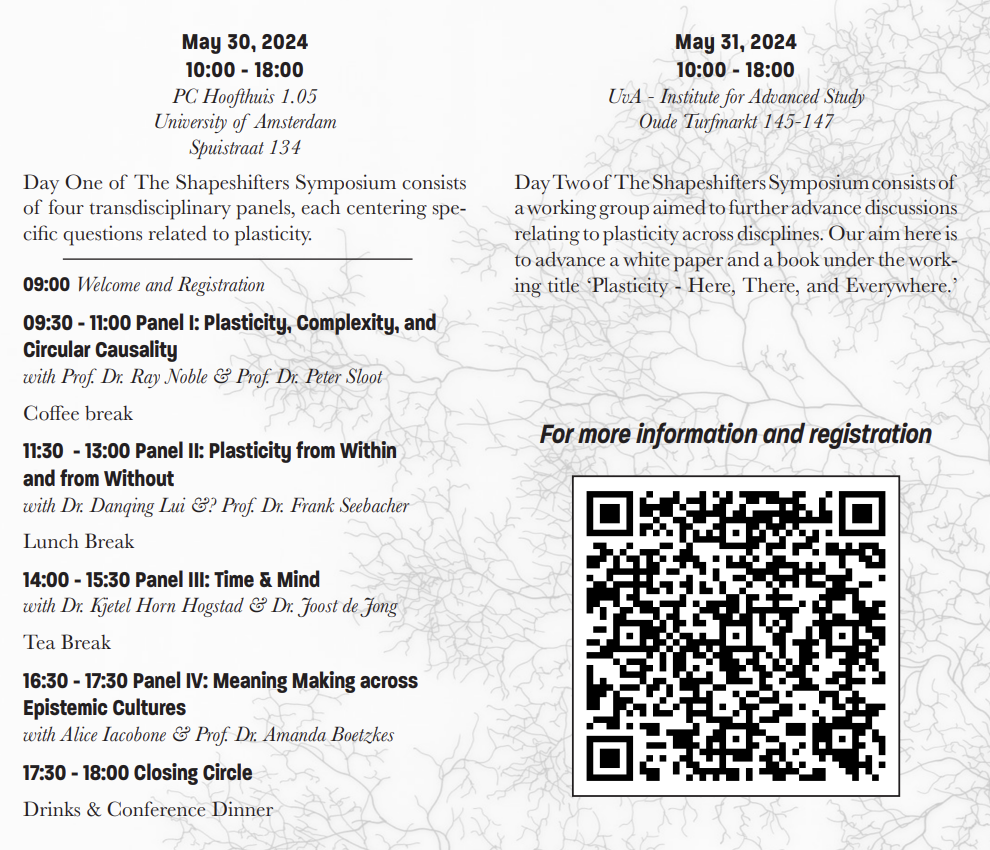
This event is organised by the Plasticity team, a group of interdisciplinary researchers working on the concept of plasticity, sponsored by the Dutch Centre for Unusual Collaborations. Two panel facilitators will frame the topic of the panel with a statement from the perspective of their background. After that, the conversation will be opened to all people to present ‘fishbowl-style’ – meaning everybody is invited to join (and leave) the available seats on stage and add to the discussion with questions and thoughts.
“We hope to further expand the concept of plasticity across disciplines – and we need your help!” The Plasticity Team
Day One of the symposium, May 30th, consists of four panels that are transdisciplinary in nature:
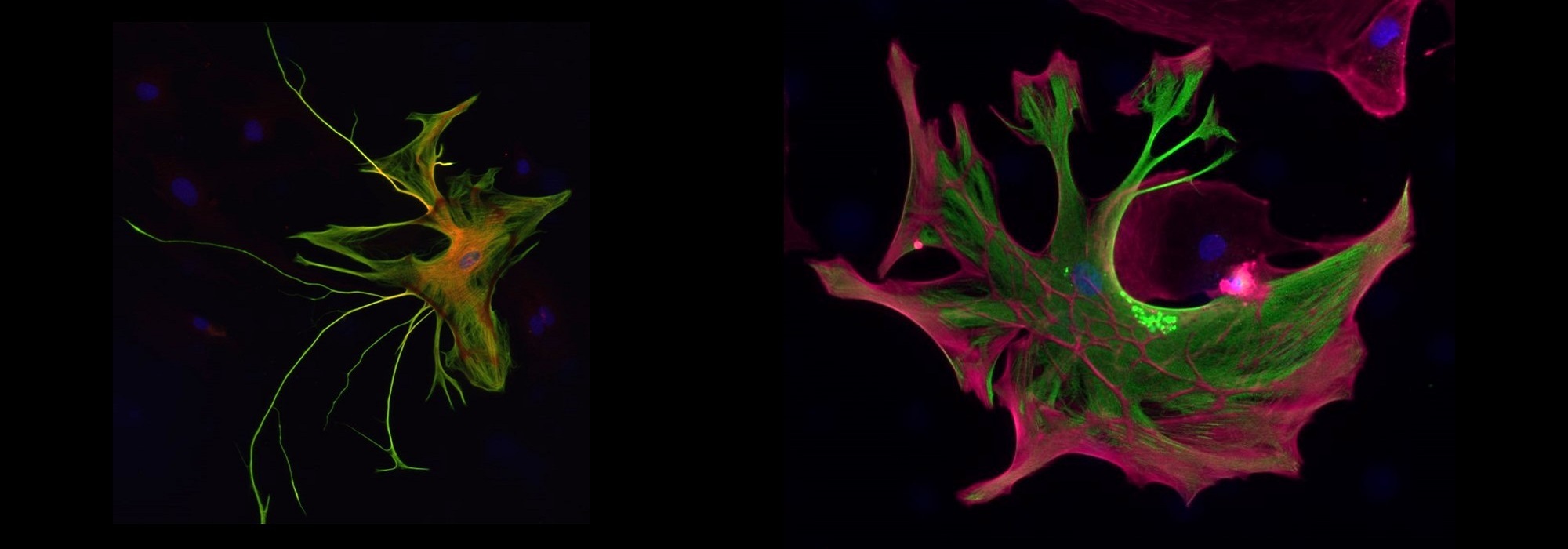
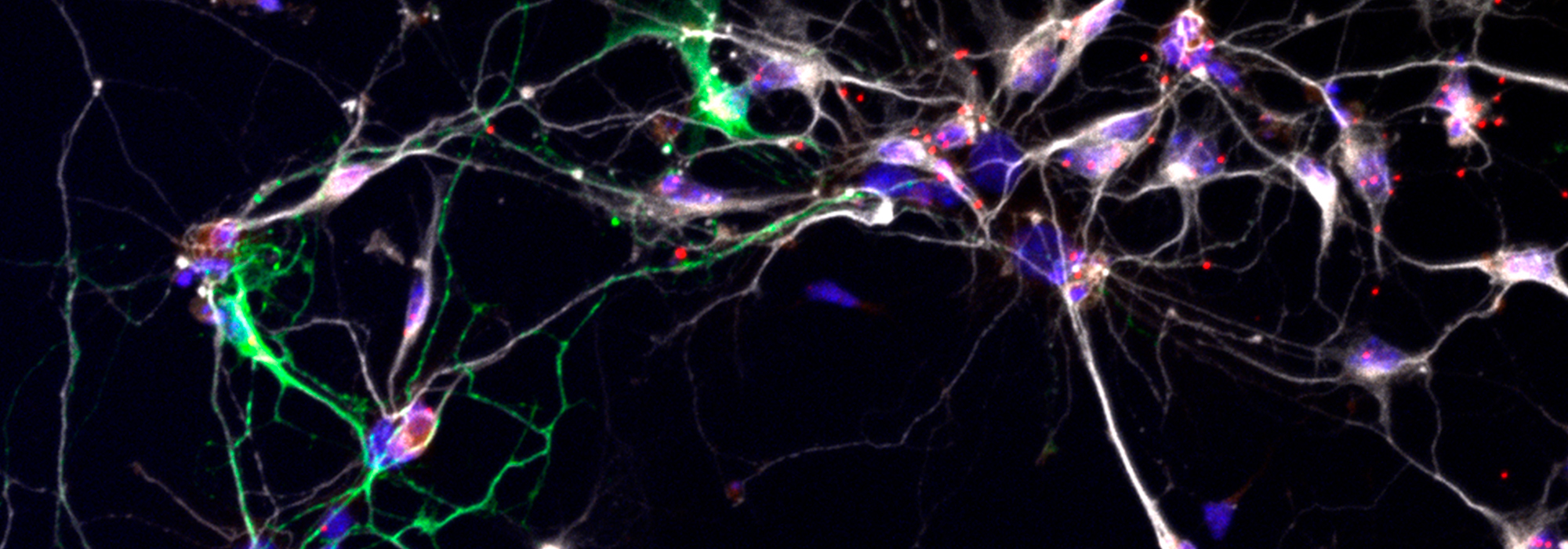
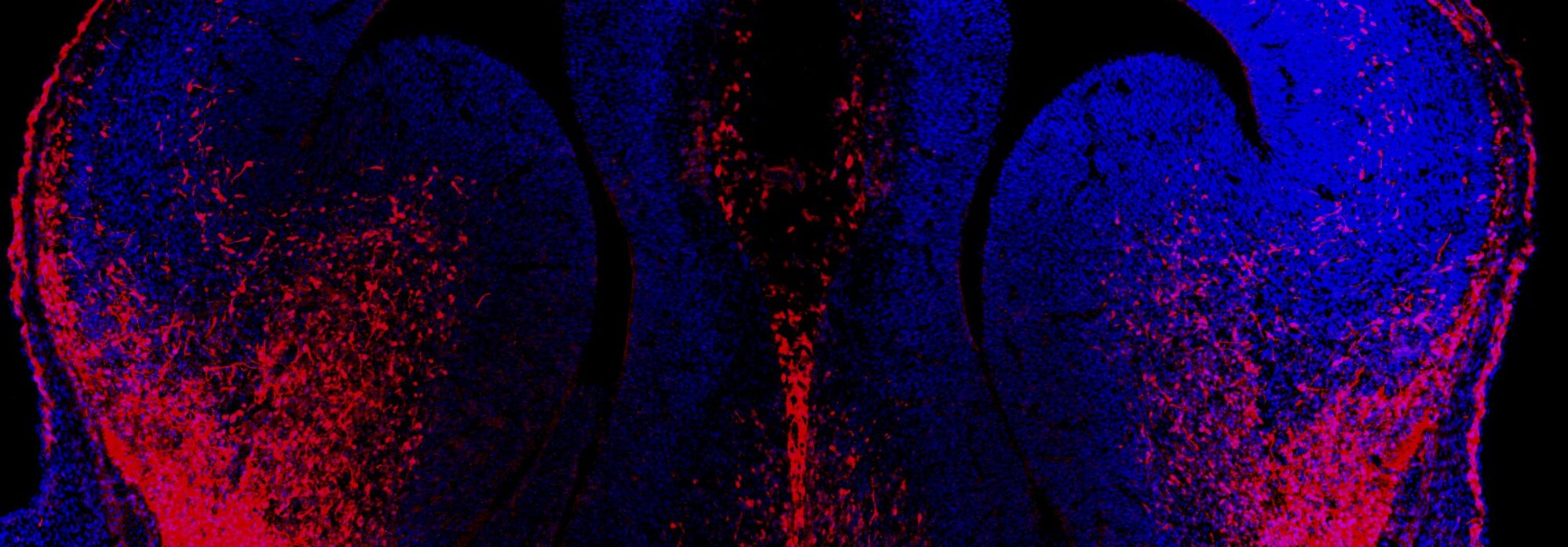
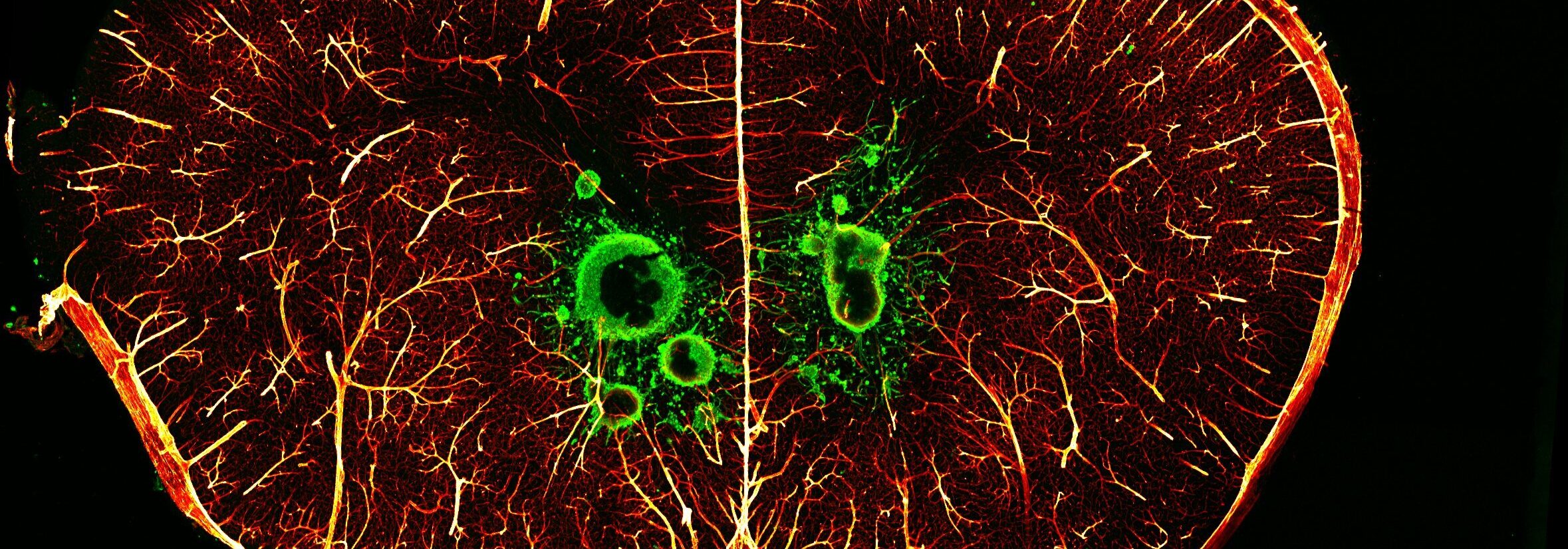
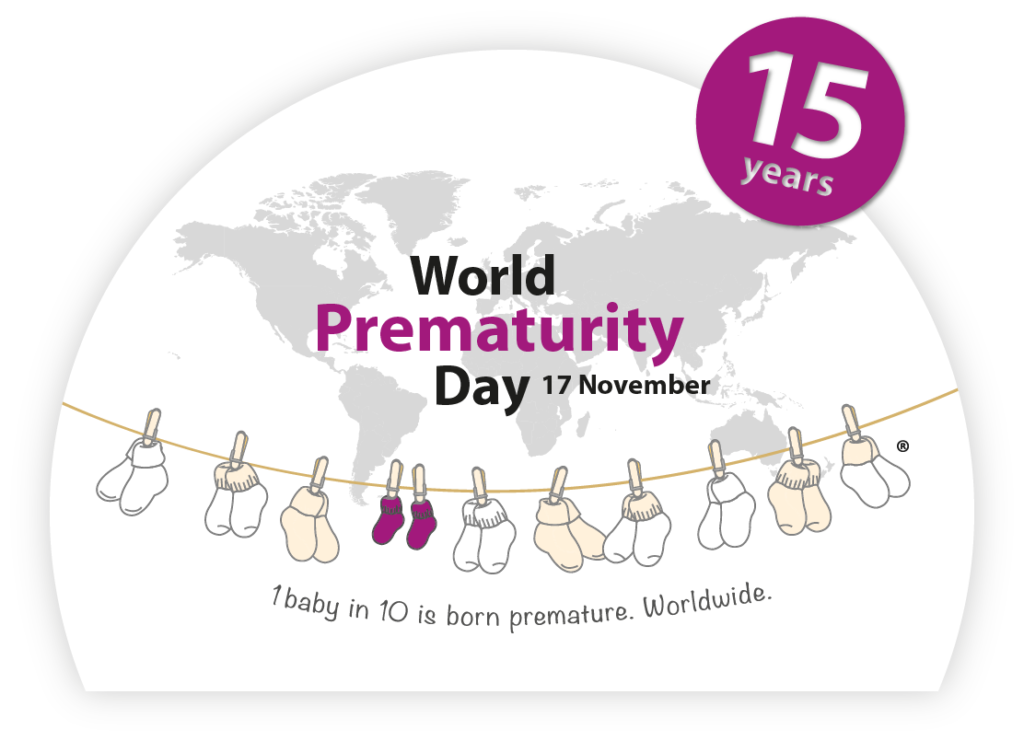 On the 17th of November, it is the World Premature Day that aims to increase awareness and understanding for the impact that a premature birth has on the baby and the newborn’s loved ones. In the Netherlands, there are many organisations that help premature babies and parents through their difficult start, including
On the 17th of November, it is the World Premature Day that aims to increase awareness and understanding for the impact that a premature birth has on the baby and the newborn’s loved ones. In the Netherlands, there are many organisations that help premature babies and parents through their difficult start, including 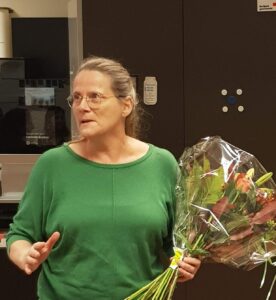 Elly Hol
Elly Hol
09:30 – 11:00 Panel I – Plasticity, Complexity, and Circular Causality
Moderator: Yaron Caspi
Panel facilitators: Prof. dr. Ray Noble & Prof. dr. Peter Sloot
11:30 – 13:00 Panel II – Plasticity from within and from without
Moderators: Dr. Esmee Geerken & Dr. Yaron Caspi
Panel facilitators: Dr. Danqing Lui & Prof. dr. Frank Seebacher
14:00 – 15:30 Panel III – Time & Mind
Moderators: Tamalone van den Eijnden & Dr. Onur Basak
Panel facilitators: Dr. Kjetel Horn Hogstad & Dr. Joost de Jong
16:00 – 17:30 Panel IV – Meaning making across epistemic cultures
Moderators: Dr. Jeff Diamanti & Dr. Abby Waysdorf
Panel facilitators: Alice Iacobone & Prof. Dr. Amanda Boetzkes